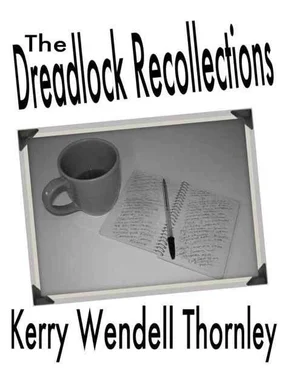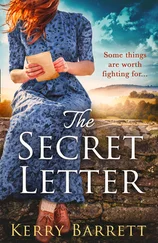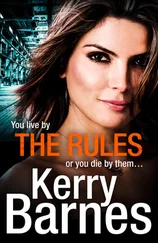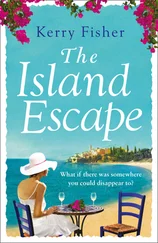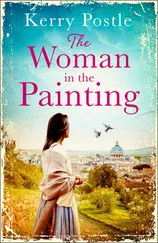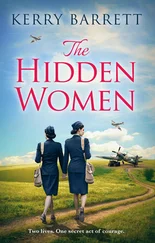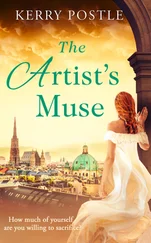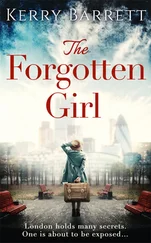There was one bureaucracy in the CIA, mentioned by E. Howard Hunt in Undercover , that would have been excellently equipped to perform all the tasks Brother-in-law had in mind.
"…The then CIA director was Admiral Roscoe Hillenkoetter, whom I had met during one of the admiral's inspection trips to Vienna. He was Frank Wisner's nominal superior, but lacked Frank Wisner's political power base, which included such men as John J. McCoy, Averell Harriman, William Draper, Secretary of Defense Forrestal, and Secretary of State Marshall. At headquarters, alongside the reflecting pool, OPC established functional staffs for Paramilitary Operations, Political and Psychological Warfare and Economic Warfare.
"The Political and Psychological Warfare staff, to which I was assigned, was headed by Joseph Bryan III, Navy veteran and writer. To assist him he had brought in Finis Farr; Gates Lloyd, Philadelphia investment banker; Lewis 'Pinky' Thompson, a New York and New Jersey financier and a man of many parts; and Carlton Alsop, late a motion-picture producer and once a well-known Hollywood agent. All except Alsop and myself were Princeton alumni. "Artist-illustrator Hugh Troy joined Bryan's staff and formed a highly competent group of political cartoonists and polemicists."
By the time of my talks with Brother-in-law, Frank Wisner had passed away. But it is safe to assume the Political and Psychological Warfare staff remained active.
Curiously, in addition, I had many times mentioned Hugh Troy to Brother-in-law, for his entertaining exploits as a prankster were recounted in a book I'd read called The Complete Practical Joker .
Slim indicated it was time to go and we headed for the door.
"The only remaining problem," Brother-in-law said, "is who to frame for it."
We stopped and returned to where he was standing in the middle of the living room.
"Why frame anybody?" I asked.
"People need answers," he said in a harsh, cynical tone, but with a little smile. "I figure I'll frame some jailbird."
"Why a jailbird?"
"Criminals who are stupid enough to get caught are an inferior breed. They don't deserve any breaks."
I didn't like that line of reasoning.
"I don't think you should frame a jailbird."
A crooked smirk distorted his mouth so much that he had to bow his head in trying to hide it. "Well, Kerry, who would you suggest framing?"
"Aw, why don't you frame some Communist," I answered.
"Let's go," Slim said, heading for the door again.
News that President Kennedy had been shot reached me during lunch hour at Arno's Restaurant in the French Quarter, where I had recently obtained work waiting tables. Shortly thereafter, we got the news that Kennedy was dead. When another waiter expressed his sorrow, I said, "The only reason I didn't kill that sonofabitch was that I was never in the right place at the right time with a gun in my hands."
In the wake of the assassination news, the restaurant was soon empty of most of its clientele. We employees seated ourselves around a table used for relaxation during breaks located in the area between the kitchen and the dining rooms.
Across the table from me sat a waitress who was weeping. "Where were your tears during the Katanga massacre, lady?" I asked belligerently.
No one in the restaurant possessed a radio, so we sat there and argued, me against everyone else, while waiting impatiently for further news from the outside world. One of the waiters who went out on a break returned to say, "Well, at least they caught the guy that did it."
"What was his name?" I asked.
"I don't remember," he said. "It was a funny name. He is an ex-Marine who went to live in Russia for a couple of years."
"Oswald!" I shouted.
"Yes, that was it."
"Hell, I know him," I boasted. "We were in the Marines together!"
A long silence followed. Absolutely everyone was staring at me.
Later that day I encountered Slim Brooks and it occurred to me to ask him, "Say, Brother-in-law didn't have anything to do with this, did he? You know, just three weeks ago we were talking about assassinating Kennedy." "Two weeks ago," Slim corrected, laughing easily. "Nah, he didn't have anything to do with it."
"That's a relief," I said.
Needless to say, I was jubilant at the news of Kennedy's death, something I made no attempt to conceal from anyone, much to the annoyance of most of the Bourbon House regulars. Besides that, I was extremely proud of Oswald for getting himself accused, although I suspected he was innocent, since in the service he had displayed a talent for getting blamed for things.
As for me, I felt betrayed by most of my French Quarter friends, who were obviously grief-stricken. Hadn't they laughed in the past at my anti-Kennedy jokes? Where was their integrity? Here I had been thinking they were potential converts to the Objectivism of Ayn Rand and, instead, they were all turning out to be a bunch of whim-worshipers.
Then, Sunday morning, I learned that Oswald had been murdered. I was horrified. Irrational violence had won out over good sense once again. Why would anyone want to kill a pathetic little guy like Lee? Now everyone else was smug and I was in mourning.
Both the Secret Service and the Federal Bureau of Investigation had been to the restaurant by then to question me. A poll appeared in the evening paper indicating that most Americans now thought the assassination was the result of a conspiracy. As I moved about the French Quarter, it seemed to me I was being tailed by middle-aged men in suits.
I decided to go to the FBI office and volunteer my services in luring out the real assassins of John F. Kennedy. They could say Oswald had confided in me and use me as a decoy to trap the people who had silenced him. I spoke to an FBI agent in the Federal Building who kept pretending he didn't understand what I was talking about. Among his questions, and typical of most of them, was, "This Oswald, was he a homo of any kind?"
In the days that followed I quarreled with virtually every one of my friends to a greater or lesser extent. Mildest among these disputes were disagreements about questions of taste. Couldn't I have at least been silent, instead of offering to buy drinks for everyone in the Bourbon House? In the worst disagreements, tempers flared and fist fights almost resulted.
Only Carlos Castillo staunchly joined me in toasting Marine Corps marksmanship instructors at the bar. However, since Carlos happened to be a racist, I could not regard his conduct as rationally motivated.
I decided the Bohemian subculture was not for me. Ayn Rand had always despised Beatnik lifestyles and now I was beginning to see why. I'd often thought of moving to New York and living among the students of Objectivism gathered around "the greatest mind of our age."
New York intimidated me, though. I had heard that prices were high and that trying to find a good job was discouraging. Besides that I hated cold weather and the worst of winter was still ahead.
Just the other day I'd received a letter from an old school chum who now lived in Alexandria, Virginia. He mentioned that if I was ever up that way I should feel free to stay with him.
One afternoon in the Bourbon House I mentioned what was going through my mind in this respect to Slim, who said: "I notice President Johnson is calling together a commission to investigate the assassination. By now it has become pretty obvious that Oswald did it."
I had to agree. Since the night of my silly visit to the FBI, the newspapers had been unanimous in insisting that the case against Oswald was just overwhelming.
"Now, if you are in New York, they'll send a field agent up there to take a statement from you and that'll be all she wrote. Not much publicity for that novel about this guy who just shot the President of the United States. With enough publicity, you'll get that book published, now that your main character is famous."
Читать дальше
